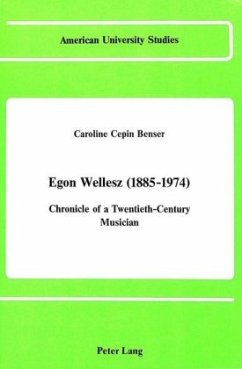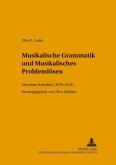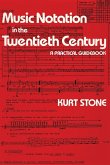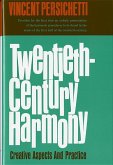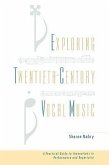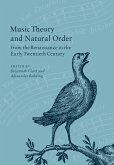This study covers Egon Wellesz's career as both composer and musicologist. Drawing on materials from the Wellesz Fonds housed in the Music Collection of the Austrian National Library in Vienna, and also on firsthand information from interviews and corres- pondence, the author follows Wellesz from his pre-World War I years in his native Vienna to his long tenure as a scholar and composer in Oxford.
In Vienna Wellesz had been one of Arnold Schönberg's first pupils. Alban Berg and Anton Webern were associates. At the University, Wellesz received a doctorate in musicology under Guido Adler. Recognition as a composer came with successful performances of his stage works throughout the Weimar Republic. Soon after immi- gration to England in 1938, he became a Fellow of Lincoln College. Unable to compose during the war, he returned to research in Byzantine music, producing A History of Byzantine Music and Hymnography. When he resumed composition, he followed the line of symphonic writing abandoned after Bruckner's work. He wrote his first symphony in 1945 at the age of sixty and completed his ninth symphony in 1971. One of his most cherished compliments was his designation as Bruckner's heir.
In Vienna Wellesz had been one of Arnold Schönberg's first pupils. Alban Berg and Anton Webern were associates. At the University, Wellesz received a doctorate in musicology under Guido Adler. Recognition as a composer came with successful performances of his stage works throughout the Weimar Republic. Soon after immi- gration to England in 1938, he became a Fellow of Lincoln College. Unable to compose during the war, he returned to research in Byzantine music, producing A History of Byzantine Music and Hymnography. When he resumed composition, he followed the line of symphonic writing abandoned after Bruckner's work. He wrote his first symphony in 1945 at the age of sixty and completed his ninth symphony in 1971. One of his most cherished compliments was his designation as Bruckner's heir.
"The first full-length study to be published in English on the life and work of Egon Wellesz ... The book concludes with a large appendix containing the most detailed catalogue yet published of Wellesz's compositions and musicological writings, including details of the manuscript sources and sketches, fragments of unfinished compositions and some listing of performances." (David Symons, Oxford Journal)

